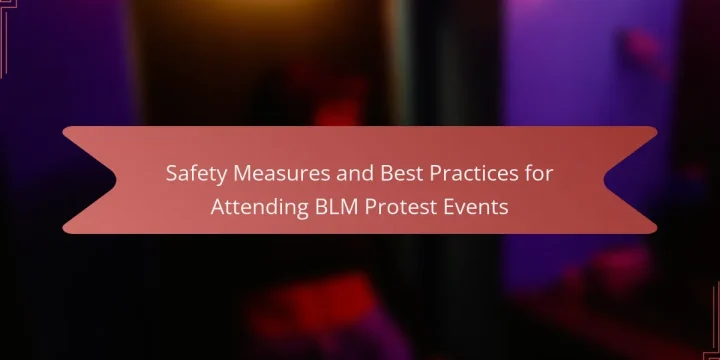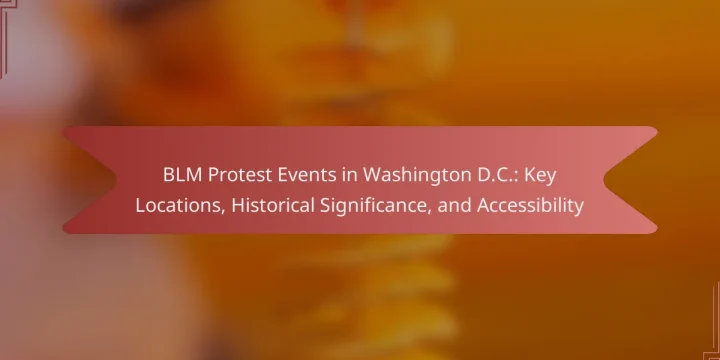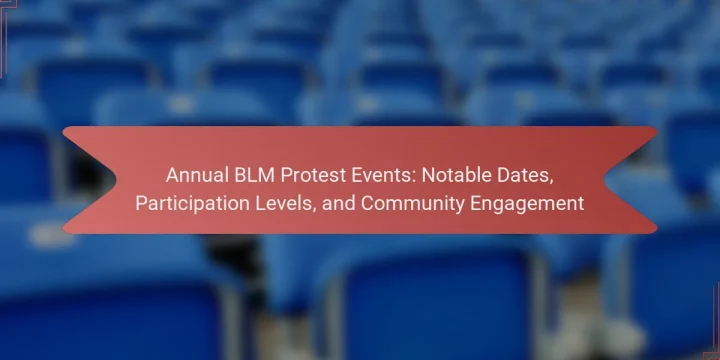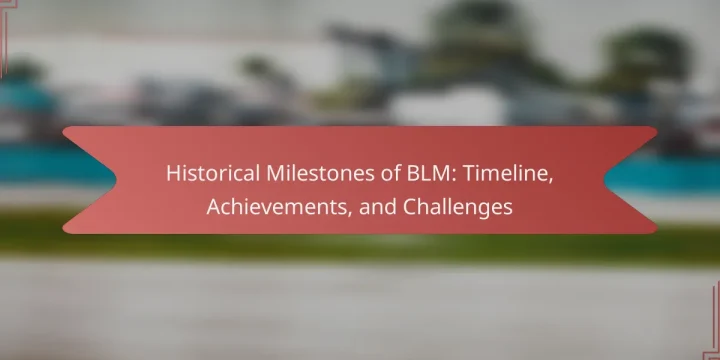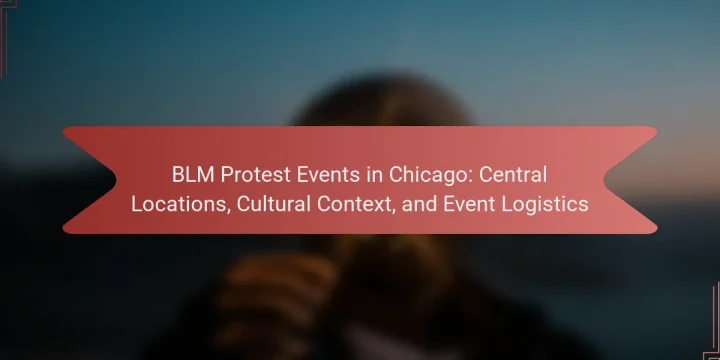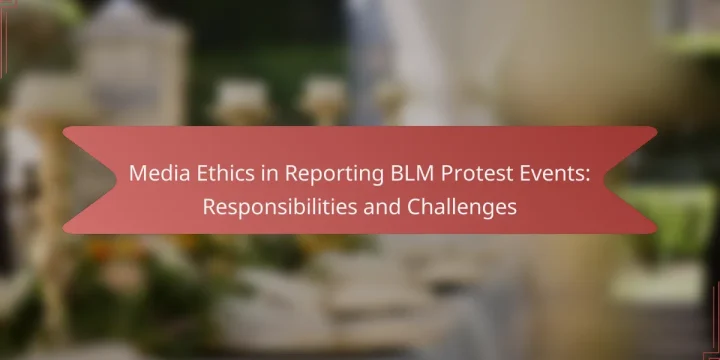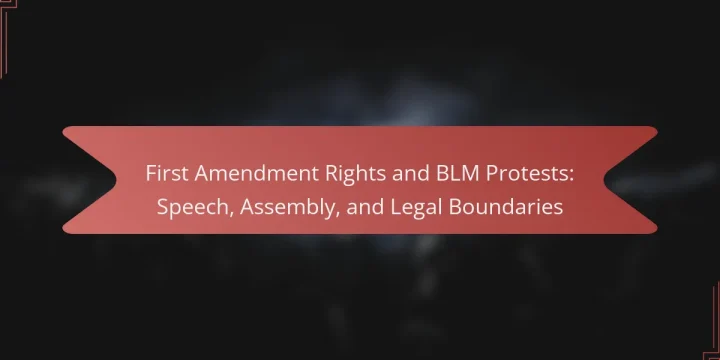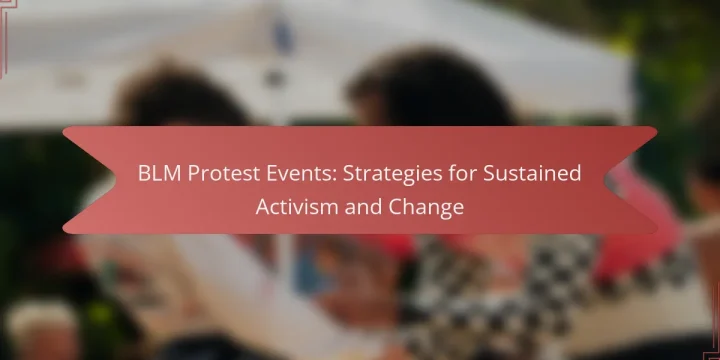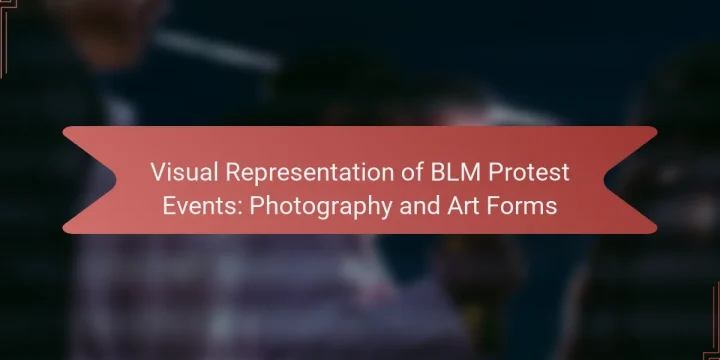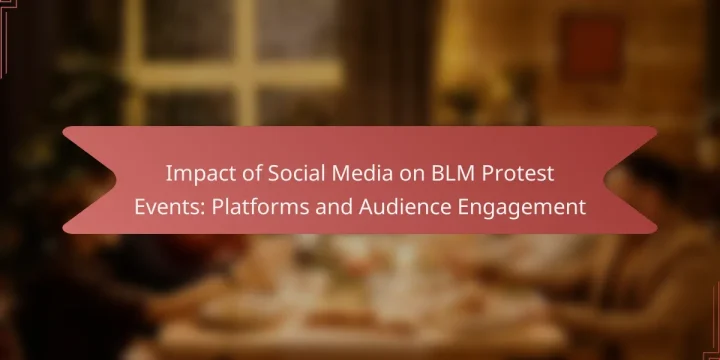
What is the Impact of Social Media on BLM Protest Events? Social media significantly impacts BLM protest events by facilitating organization and mobilization. Platforms like Twitter and Facebook enable rapid dissemination of information. This allows activists to coordinate protests quickly. Social media also increases visibility for the movement. Hashtags like #BlackLivesMatter create a unified message. Studies show that social media engagement correlates with higher protest attendance. For instance, a 2020 study found that tweets about protests led to increased participation. Additionally, social media fosters community support and solidarity among participants. It provides a space for sharing experiences and resources. This collective online presence amplifies the movement's reach and influence. How does social media influence the organization of BLM protests? Social media significantly influences the organization of BLM protests by facilitating…
